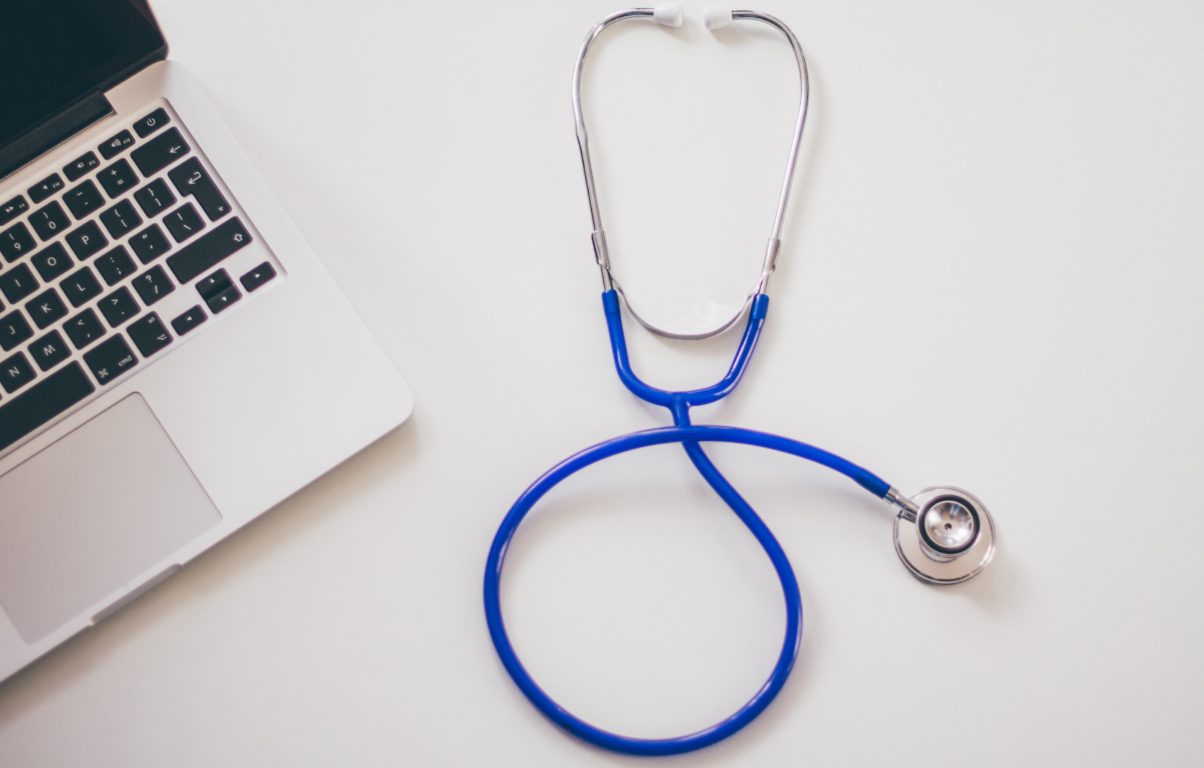We know the HPV vaccine can help prevent cervical cancer, but can it also prevent cancers of the throat and mouth? Here’s what you should know about the HPV vaccine.
What Is the HPV Vaccine?
The most common sexually transmitted infection in the U.S., Human papillomavirus (HPV) can lead to all sorts of health problems, including warts and certain types of cancer. The HPV vaccine helps prevent infections by causing the body to develop natural immunities to the virus.
A significant amount of people are exposed to oral HPV throughout their lives. According to the Centers for Disease Control and Prevention, about 3.6% of women and 10% of men have oral HPV; and oral HPV infection tends to be more common with older age. In most cases, people clear HPV within two years; however, the infection persists in certain people. When this occurs, it can lead to cancers of the oropharynx, including the throat, tonsils and tongue. In fact, HPV is estimated to cause 70% of oropharyngeal cancers in the U.S.
Can the Vaccine Prevent Oropharyngeal Cancers?
There are more than 100 types of HPV, and 40 have been shown to spread through direct sexual contact to genital areas, mouth, and throat. Originally developed to prevent cancers of the cervix and genitals, the HPV vaccine has been shown to protect against the type of HPV that causes oropharyngeal cancers. This means it may protect against some forms of oral and throat cancer; however, experts say they still need more research to conclusively demonstrate this.
That said, the National Cancer Institute cites at least one study which indicates that HPV vaccines may sharply reduce oral HPV infections which are known to be major risk factors for oropharyngeal cancer. According to the Canadian Cancer Society, nearly 9 in ten of HPV-related oral and throat cancers are caused by HPV type 16, while HPV types 35, 18 and 33 can also cause oral cancer. Because they don’t yet know exactly how HPV infection leads to cancer, however, it’s difficult to demonstrate how the vaccine helps.
It is also difficult for doctors to determine if a person has an oral HPV infection. It is possible to detect abnormal tissue changes caused by HPV; however, these changes often occur in the back of the throat and mouth, making them difficult to see. This makes it hard for researchers to study the relationship between oral cancer and oral HPV infection.
What Do Experts Recommend?
While it’s unclear how much protection the HPV vaccine provides against certain forms of cancer; it is clear that it does offer significant protective health benefits. According to the CDC, the vaccine is extremely safe for healthy patients without allergies or preexisting medical issues.
The CDC recommends that 11- to 12-year-old boys and girls receive two doses of the HPV vaccine, with the second being administered 6 to 12 months after the first. The CDC also recommends that men up to age 21 and women through age 26 get the vaccine if they weren’t vaccinated when younger. Men between the ages of 22 and 26 can also be vaccinated; the number of recommended doses will depend on the person’s age at the time of vaccination.
If you have any questions about how your oral health can affect your overall health please reach out to us at 702-4878920 for more information. We are here to arm you with the facts to make the best decisions for your body.


 Previous Article
Previous Article

